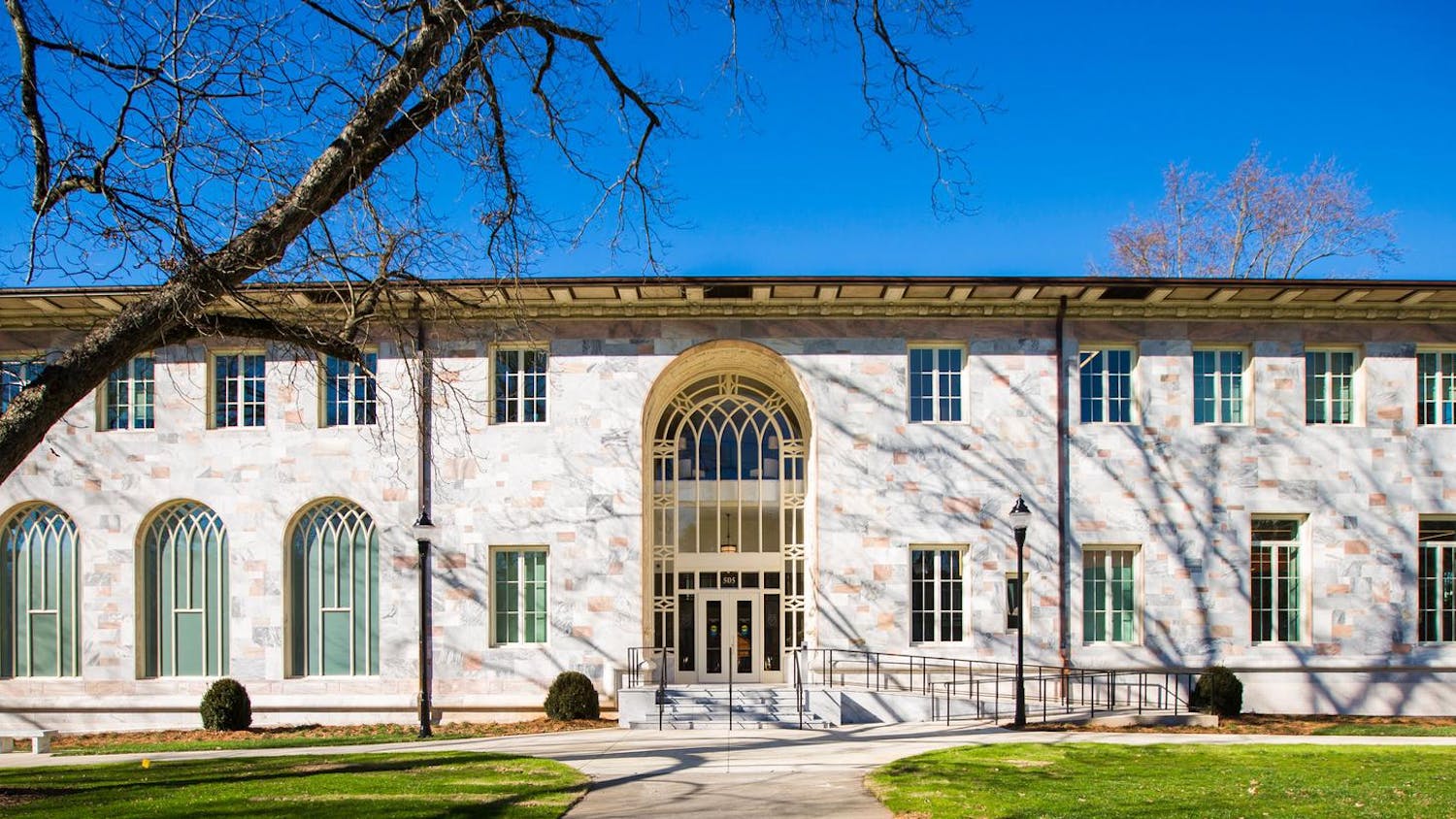Even atheists pray.
According to a June 25 article in The Huffington Post, as many as 17 percent of self-proclaimed unbelievers participate regularly in prayer.
But when one thinks about it, this is hardly surprising.
There is something powerful about prayer, something baring and revealing, something mystical and beautiful. Prayer also seems to be a universal art form – from the Aztec animists to the native Australian Aboriginal shamans, prayer is as prevalent as religion itself.
The purpose behind prayer at first seems superficially practical: what good is a deity if a human can't communicate or otherwise interact with it?
This perspective, however, is altered when the Judeo-Christian conception of God is introduced: someone who is omniscient, all-knowing, who has a better perception of our thoughts, feelings and needs than even we do.
What, then, can be the purpose of prayer in light of this?
What can we tell such a God that he does not already know?
The answer is multiplex.
Firstly, if this God is to be understood as a personal being seeking to interact in a personal manner, what manner is as personal as conversation? Even if each word, thought or desire is foreseen (and perhaps predetermined) it is the fellowship, the communion that is being sought. Too often prayer devolves into a grocery list addressed to a cosmic Santa Claus.
But to the unbeliever, to the skeptic and the rationalist, what are the practical benefits of prayer?
There are some obvious reasons why meditation and reflection are conducive to health or spiritual well being.
Sociologically speaking, those who practice prayer regularly, regardless of religious background, have better overall health than those who do not. The ability to condense one's thoughts is invaluable, but it takes practice.
Prayer is often employed to emphasize and understand relationships with objects and people, with nature and the universe; it is taking the time to acknowledge your interactive relationship and rejoice in it.
It is important to understand that such prayer is for the benefit of the person praying, for understanding one's own motivations, desires, thoughts and feelings, for examining them in light of our connection with society, with the universe and with God.
It is the acknowledgement of God's sovereignty and our feebleness, and yet a celebration of intimacy and love and the worth invested into us by such an interaction with such a being.
But prayer also holds the power to bind people in their connections to what is around them.
Group prayer, like many activities, is a bonding experience, emphasizing common beliefs and purpose while fostering a strong sense of community.
A lot of the spiritual benefits of prayer and meditation stem from the lost art of stillness. Today we are lost in a world of smartphones, internet, television and general busyness. In a landscape so connected, fast-moving and busy, few have retained or rediscovered the practice of solitary quietude.
When there is a lull in the day we turn on music, television, computers; we swipe disinterestedly through our smartphones, check our email and social networks, fantasy football and sports scores.
If we are especially regressive, we might read a book.
With our mind and souls so scattered and divided, so easy to divert and reroute, we have lost our ability to gather our faculties for deep meditative thinking and concentration, losing with it serious introspection and serious prayer.
My own experience with prayer has been overwhelmingly positive. In those early morning hours, alone, naked before God, I find understanding of my life and its direction, I see where I am and where I ought to be. In those moments of still reflection, I weigh my heart before the fearsome presence of my creator and prepare myself for the day ahead. Throughout the day, walking to class, eating, brushing my teeth or changing my socks, I try to pray constantly, offering my life as one long prayer before God.
As a result, I begin to see my existence through cosmic spectacles. Interspersed with prayer is meditation and reflection, times of quiet introspection.
As Socrates put it, "the unexamined life is not worth living."
Jonathan Warkentine is a College sophomore from Almaty, Kazakhstan.





